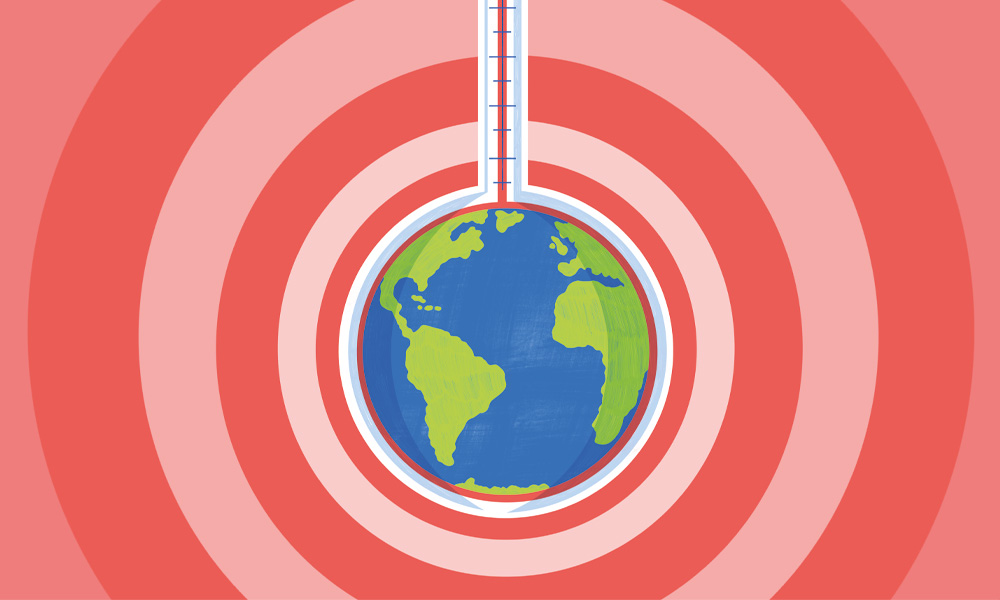The eyes of the world will be watching the COP26 global climate summit next week. Our stewardship director Matt Crossman asks: what will make it a good COP? And how will we know if it’s a bad one?

Good COP, bad COP?
Part one of this two-part series takes a look at the roadmap to COP26.
There’s a growing sense that the outcome of the next Conference of the Parties, or COP as these summits are known, will have huge implications for human efforts to tackle climate change.
Around 30,000 representatives from 197 nations will gather in is Glasgow at COP26 to discuss progress on the goals established by the historic Paris Agreement in 2015 and set out a bold vision for the rest of the crucial 2020s. The ultimate objective is for signatories to the UN Framework Convention on Climate Change (UNFCCC) to work together to get to ‘net zero’ carbon emissions in time to stave off climate disaster.
COP26 could have momentous and wide-ranging consequences. The level of ambition, what targets are set and the momentum that follows from this conference will determine policy development, investment and cooperation among nations in their bid to tackle climate change. This, in turn, will influence the operating environment for companies and the potential for investment opportunities, returns and risk.
But the COP process is complex and fraught with challenges. Its progress since its inception in 1994 hasn’t followed a straight path: good COPs have been followed by bad ones. We aim to cut through some of the policy smog clouding the UNFCCC and COPs to understand how effective COP26 is likely to be in galvanising efforts to reach net zero.
The COP roadmap
The COP process has sometimes moved slowly and shakily. But we must appreciate the sheer scale of the problems it is addressing, as well as their complexity. Climate science involves an inherently demanding and changeable system. Specific, concrete outcomes are difficult to predict.
We also need to recognise the competing short- and long-term interests of the negotiating partners. To stop the worst of climate change, those at an earlier stage of development need to change course. In addition, the poorest countries tend to be more vulnerable to the impacts of climate change than their richer counterparts, which are less geographically exposed or can afford to mitigate or adapt to these impacts. It is crucial that this ‘unfairness’ is addressed and that large, influential countries fund climate change solutions in the developing world.
As time has moved on, COPs have been able to deliver more — partly as the cost of solutions has fallen and the motivation of important players like China has shifted. In our latest Planet Paper God COP, bad COP, you can read more about the previous gatherings of the COP, and what their successes and failures show us needs to happen as the nations gather in Glasgow from next week.

